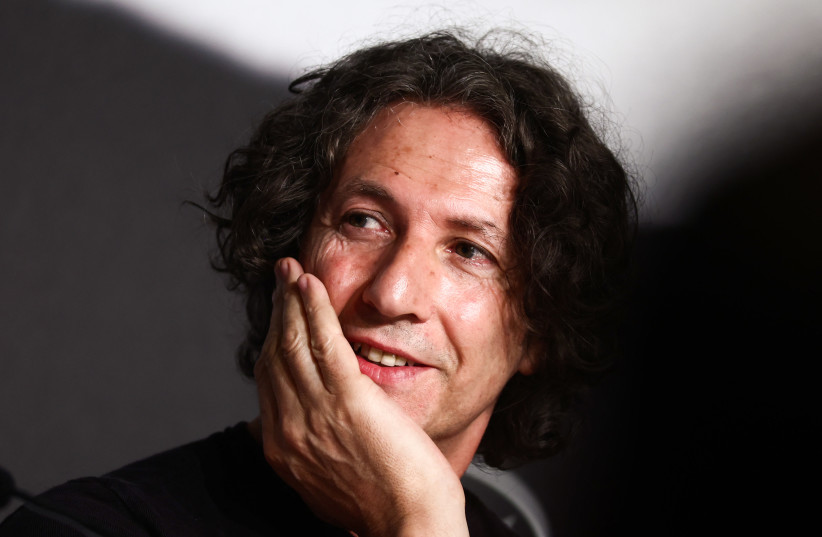The natural response to Jonathan Glazer’s acceptance speech of an Oscar for is recent movie The Zone of Interest, is one of utter disgust and disappointment.
Glazer specifically said that he refutes his Jewish ancestry and secondly accuses Israel (whom he doesn’t mention by name) of “hijacking the Holocaust by an occupation which has led to conflict for so many, for so many, innocent people.”
These days, such an accusation by a Jew is probably the most damning accusation imaginable, and when it is leveled at us by the director of an apparently highly successful film, which focuses on the Hoess family of the commander of the Auschwitz – Birkenau death camp, and purports to deal with “where dehumanization leads,” it is hard to ignore.
To add to the irony, this past Friday, Yediot Achronot had a very lengthy profile on Glazer by Benjamin Tobias, their film correspondent, who described Glazer as a “proud” Jew.
The new normal since October 7
The truth is, however, that Glazer’s comments should hardly surprise anybody. How many times have we recently read about Jewish groups that support the Palestinians? Just the other day, I read an article in The Jerusalem Post about the dedication of the new Holocaust Museum in Amsterdam, attended by President Isaac Herzog. Among those who came to “greet” the president were members of a Dutch Jewish anti-Zionist organization called Erev Rav, which organized the protest together with Jews Against Genocide, the local Palestinian community, and Socialists International.

Jewish groups of this sort have emerged in many Jewish communities, especially in the United States, such as Jewish Voice for Peace (JVP) and IfNotNow, and have become much more active and visible in the wake of the Hamas mass murders of October 7.
For those of us born after 1948, such criticism of Israel is unusual and hardly popular. The establishment of the State of Israel turned many opponents of Zionism into ardent supporters of the lone Jewish state.
Who remembers the anti-Zionist American Council for Judaism and the opposition to Zionism of numerous Reform rabbis? Who remembers the anti-Zionist socialist Bund, one of the largest Jewish parties in Poland? Or the notorious Yevsekstiya, the Jewish section of the Soviet Communist Party, whose goal was for all Russian Jews to join the party and abandon Judaism? In fact, Zionism was a small minority movement in world Jewry until the middle of the 20th century.
Three events changed practically the entire Jewish world – the Holocaust, the establishment of an independent sovereign Jewish state, and Israel’s stunning victory in the Six Days War. From a distinct minority of world Jewry, Zionism became the majority ideology of the committed Jews of the world, and one of the most important elements of modern Jewish identity.
So, it is particularly unpleasant when successful and famous Jews accuse the state of Israel publicly and unfairly of exploiting the Holocaust to commit war crimes, probably the most disgusting accusation one can make against the Jewish state. But we should not overestimate the impact of such accusations. In most cases, they are a function of ignorance, or a desire to find favor with audiences who have little knowledge of the circumstances; or out of fear of losing fans.
As Jewish history teaches us, there will always be “useful [Jewish] idiots” like Jonathan Glazer, and some of the dangerous anti-Zionists will be Jewish. The best way to combat their lies is to teach the history of Zionism and Israel’s efforts to make peace with our neighbors, and expose the extremism of our enemies and the crimes committed against us, as painful as that might be.
The writer is the director of the Simon Wiesenthal Center Israel Office and Eastern European Affairs.
